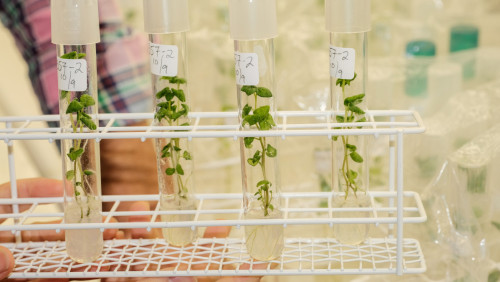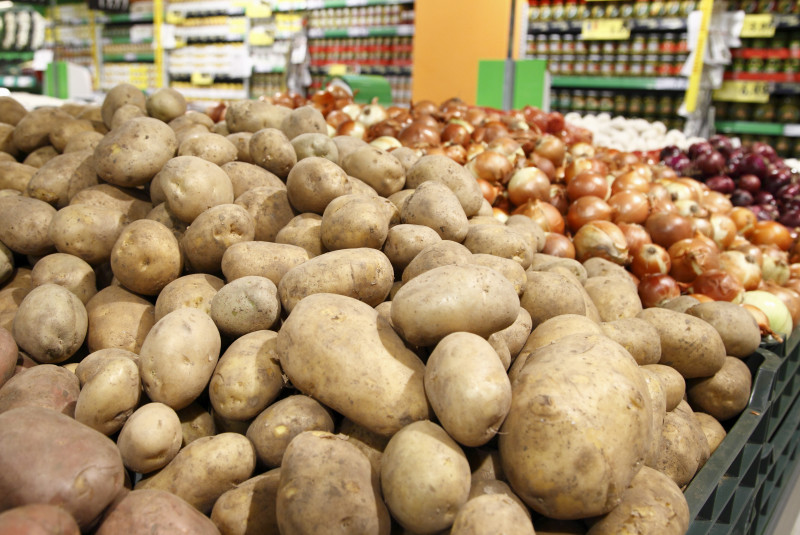English
A Unique Project Launches in Norway: Securing the Future of Norwegian Food

This is how living plant material from various potato varieties is stored in the clone archive. Fot. Ragnar Våga Pedersen, NIBIO
A national potato clone bank will be opened in the town of Ås. It will house 160 unique varieties preserved as living plant material, available to scientists and breeders. The aim of the project is to safeguard the genetic diversity of potatoes and strengthen Norway's food security.
The clone bank will be launched at an institute specializing in agricultural research. Living plant samples will be stored in special laboratories and facilities. They can be propagated and used for research and breeding.
It will be possible to create new, resilient varieties that are better able to withstand diseases and pests. Maintaining these resources will help protect valuable varieties that might otherwise disappear from cultivation.
It will be possible to create new, resilient varieties that are better able to withstand diseases and pests. Maintaining these resources will help protect valuable varieties that might otherwise disappear from cultivation.
Norway Wants to Protect Its National Potato
The new clone bank will focus on preserving both old, local potato varieties and newer breeding materials. The institution will provide healthy material for breeding and seed potato production, as well as maintain documentation of all varieties.
The project is being carried out at the initiative of the Norwegian Ministry of Agriculture. It aims to better protect the genetic resources of domestic crops.
The project is being carried out at the initiative of the Norwegian Ministry of Agriculture. It aims to better protect the genetic resources of domestic crops.

According to Statistics Norway (SSB), the average Norwegian consumed about 14.6 kg of fresh potatoes in 2023.Photo: stock.adobe.com/standard license
Since the 19th century, potatoes have been an important part of Norwegian cuisine and agriculture. During times of crisis, they often helped provide basic nutrition. Preserving the genetic diversity of this crop is crucial for the resilience of agriculture in the face of climate change and new diseases. The clone bank will enable better use of existing plant material in scientific research and agricultural practice.
Dodaj komentarz
Wyślij
